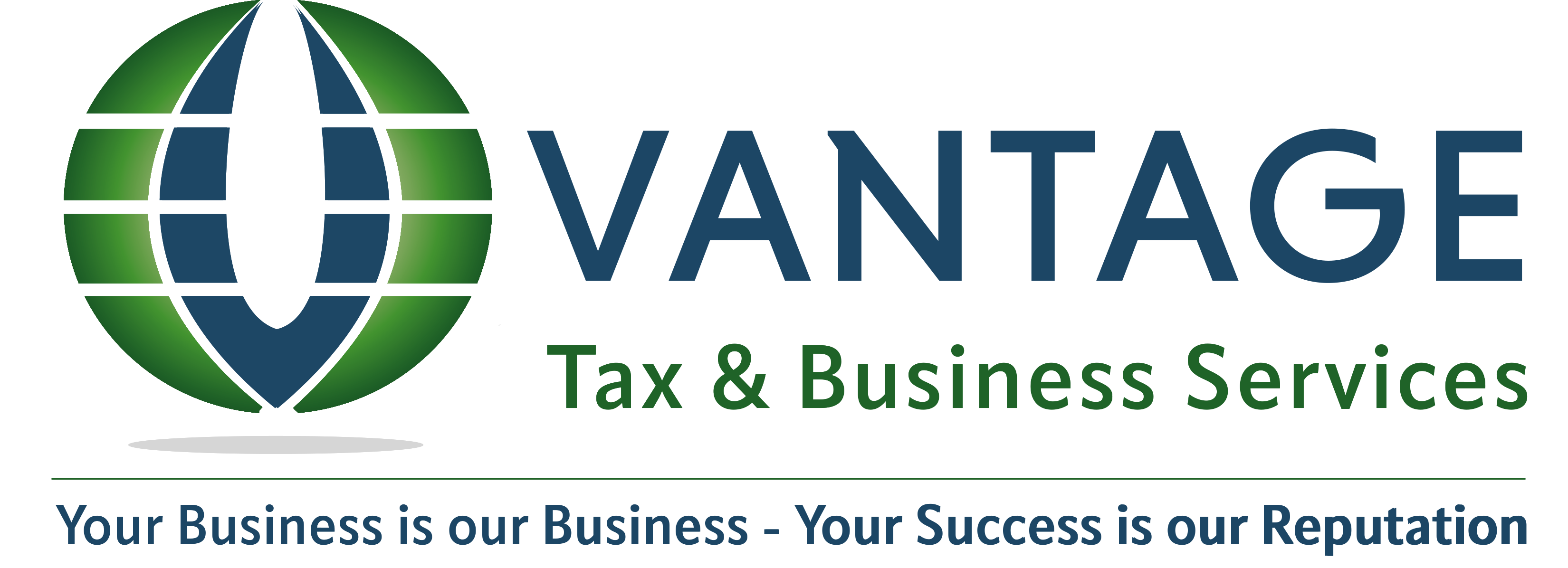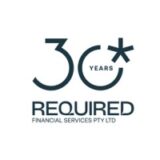Business ServicesBusiness and
Corporate Structuring
We will take the time to understand what it is you are wanting to achieve and discuss your current and future requirements. Succession, planning, raising funds, potential liability are all items to consider.
The types of structures that are commonly used are:

Sole Trader:
Basically in this instance you are trading in your own name. A sole trader structure is inexpensive to set up and usually reserved for businesses that have a low risk of being sued and lower end profits.
Partnership:
This is an extension of the sole trader, but as the name suggests, there is more than one party involved (i.e. 2 or more partners). Again they are relatively inexpensive to set up, but we advise our clients to seek advice on drafting partnership agreements
Company:
This is probably the most common structure people are familiar with. Strangely though it’s the least used structure we recommend (see more below under “Trusts’). Companies offer a greater degree of asset protection than a sole trader and subject to the level of profits; there are also some tax savings to be had. It can cater for one or many owners (i.e. shareholders).
Discretionary Trusts:
These are commonly referred to as Family Trusts. They are by far the most recommended structure for most business clients. They also offer a greater degree of asset protection and depending on your type of business income; they can provide flexibility in the way tax is applied to the income. Trusts however don’t lend themselves to having partners.
Unit Trusts:
Clients that want a Family Trust, but will have partners now or in the future, are often advised to establish a Unit Trust as it essentially gives them most of the benefits of a Family Trust, but with the ability to have business partners.
Partnership of Trusts:
This is very similar to a Unit Trust in that multiple people can be involved, but each with their own Family Trust representing their interests.
View the Pros and Cons of each business structure here.
With our extensive knowledge and expertise, we can help you with business structuring. Arrange your free no obligation meeting.
Call (03) 9859 8555
Trusted by many people





